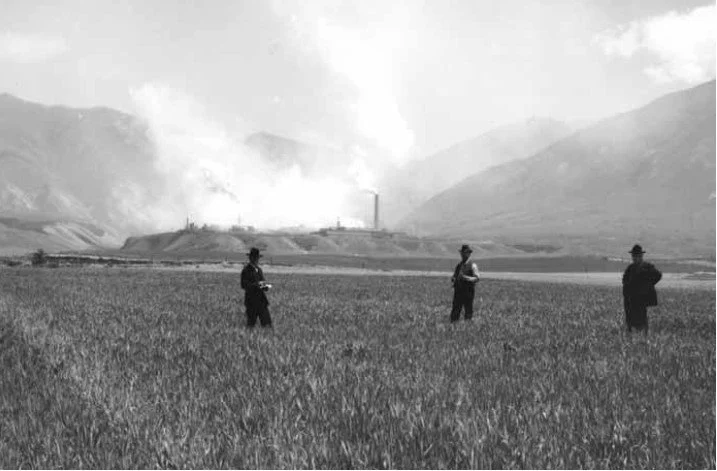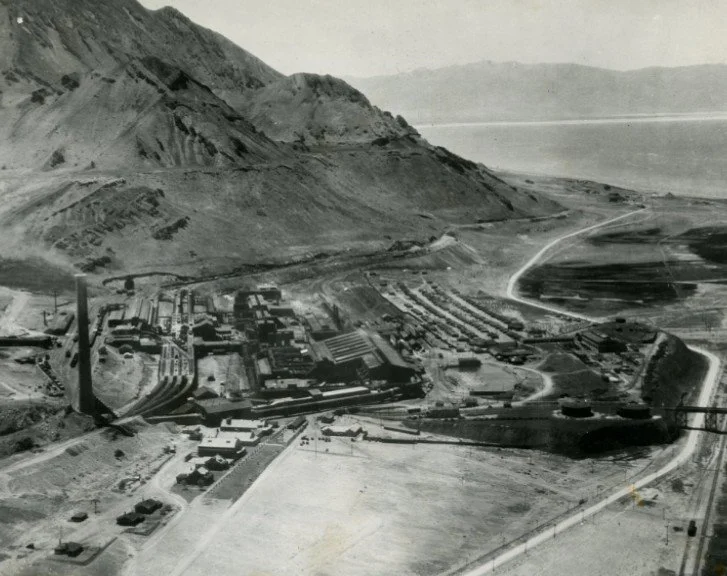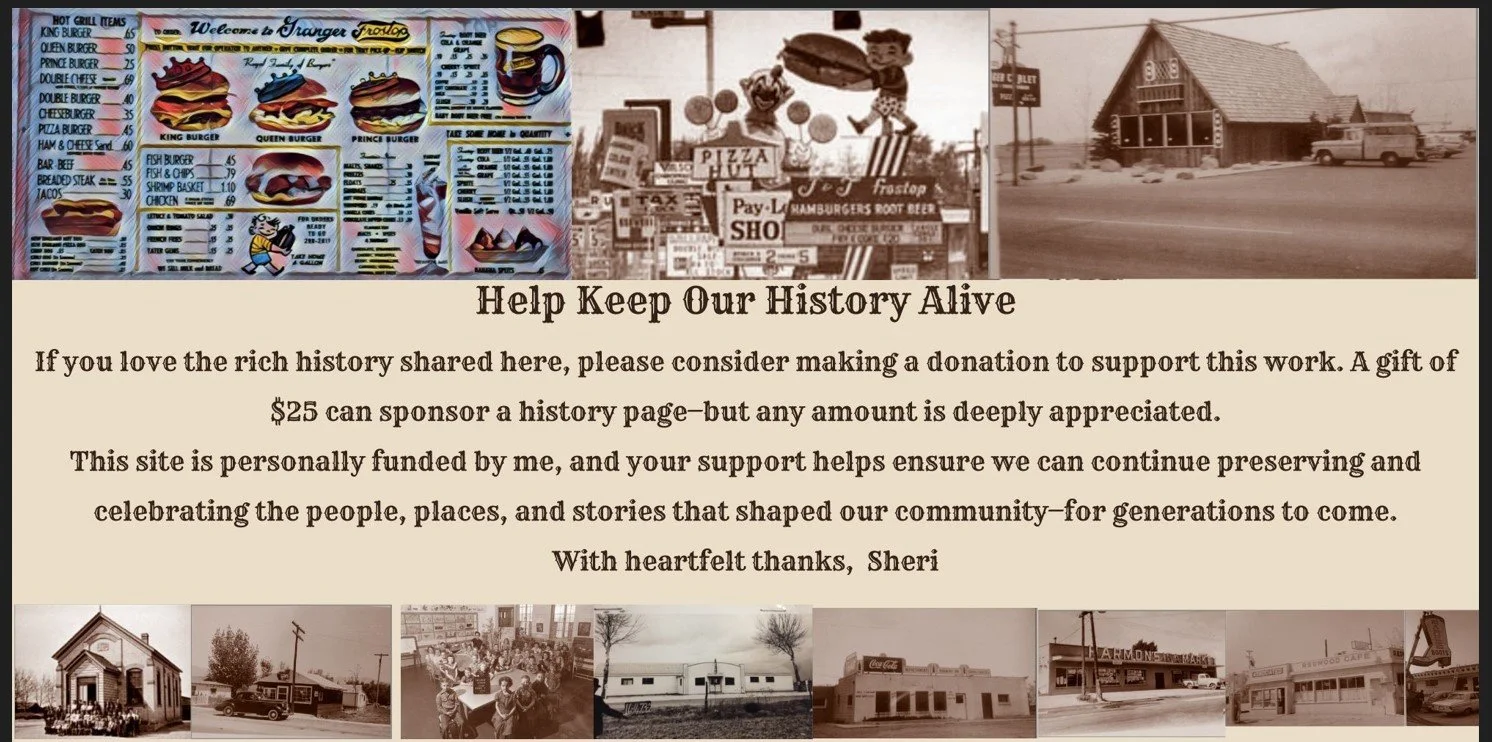Thirteen Farmers, One Fight: Granger’s Stand Against the Smelter
Thirteen Against the Smoke: Granger Farmers Fight for Their Fields
In the early 20th century, long before environmental regulations protected crops or clean air, a group of determined Granger farmers stood together to challenge a powerful industrial force. Between 1910 and 1916, these thirteen local growers—men whose lives and livelihoods were tied directly to the soil—noticed something deeply troubling. Their once-thriving crops began to yellow and wither. Their livestock suffered mysterious ailments. The culprit, they believed, was the heavy smoke drifting down from the Garfield Smelter, owned by the American Smelting and Refining Company (ASARCO), part of the sprawling Garfield Smelter and Refining complex.
Among these bold plaintiffs were Gustav (Gus) Kasworm, Walter Mackay, and Joshua Mackay—farmers well-respected for their work ethic and stewardship of the land. Along with ten other unnamed but equally courageous neighbors, they filed suit in federal district court, seeking damages for years of crop failure, poisoned air, and diminished livestock health caused by the smelter’s toxic emissions.
This legal action was among the earliest environmental justice cases in Utah history. The farmers’ stance was not just about monetary compensation—it was about accountability, health, and survival. Facing a well-financed corporate giant, the odds were steep. But these thirteen men pressed on, armed with little more than their evidence, their voices, and their unity.
Eventually, the smelter began settling claims through direct cash payments—an acknowledgment, however quiet, that damage had indeed been done. This moment stands as a remarkable example of grassroots resistance and local courage. These farmers helped pave the way for environmental protections and reminded the community that even the smallest voices, when joined together, can push back against giants.
Today, we remember these thirteen farmers—especially Gus Kasworm and the Mackay brothers—not only for tending the land, but for defending it. Their actions helped safeguard the agricultural heritage of Granger and set a precedent for generations to come.



